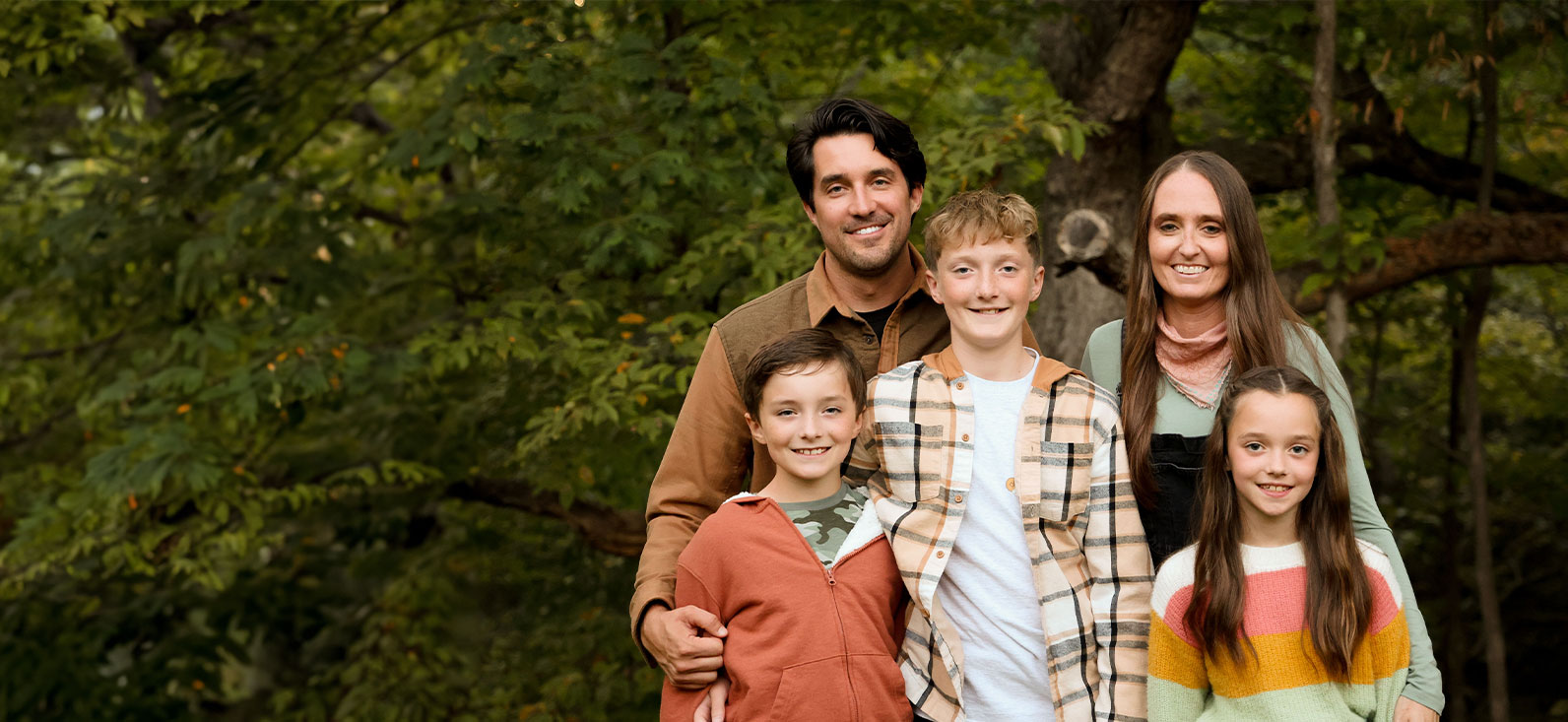Grief: What to Expect
Grief is Different for Each Person
Grief is a natural reaction to loss. No two people will experience a loss in exactly the same way. Your grief will be as individual as your fingerprint. No one can tell you how to grieve. There are no formulas for how much a loss will hurt or how long grief will last. Try not to compare yourself to others in similar situations.
Although everyone experiences grief in different ways, there are common patterns and feelings that most individuals will share. Allow yourself to feel these normal emotions so that you can cope with your grief and go on with life. It is important to understand what some normal reactions might be. This will make your behavior more predictable and less frightening to experience. Knowledge of the process will help you to have a better sense of control over your reactions to loss.
Depression is probably the hardest part of grief. You may be flooded with despair and feel as if it will never get better. Please try to remember that it does. The anguish occurs when you realize the full impact and the meaning of your loss. The periods of very intense longing and sorrow will diminish with time.
For many, talking with trusted friends is an effective means of releasing emotions and undergoing healing. Activity is another crucial ingredient of the healing process. Work has a therapeutic value. If you are at home, try to follow a schedule. Physical activity is difficult to undertake while you are feeling depressed, but it can be very restoring to heart and soul. After the early period of grief has passed, finding a group to join can also be helpful.
Behavior of Grief
Therese Rando, author of Grieving: How To Go On Living When Someone You Love Dies, says, “Grief allows us to let go of that which was, so we’ll be ready for that which is to be.”
Because grief can be so painful and overwhelming, it frightens us. Many people wonder if the feelings they have are normal. Most people who experience a loss experience one or more of the following:
- Feel tightness in their throat or heaviness in their chest.
- Have an empty feeling in their stomach and lose their appetite.
- Feel guilty at some times and angry at other times.
- Feel restless and look for activity but find it difficult to concentrate.
- Feel as though the loss is not real; that it did not happen.
- Sense the loved one’s presence, as in finding themselves expecting the person to walk in the door at the usual time, to hear their voice, to see their face.
- Wander aimlessly, forget, and neglect to finish things that they have started around the house.
- Have difficulty sleeping, and dream of their loved one frequently.
- Experience an intense preoccupation with the life of the one who has died.
- Assume mannerism or traits of their loved one.
- Feel guilty or angry over things that did or did not happen in their relationship with the person who has died.
- Feel intensely angry at the loved one for leaving them.
- Feel as though they need to change for people who seem uncomfortable around them by politely not talking about their feelings of loss.
- Need to tell and retell and remember things about the loved one and the experience of his or her death.
- Cry at unexpected times.
All of these are natural and normal grief responses. It is important to cry and talk with people when you need to. By learning about the process of grief and learning also to express your feelings about the experience, you are helping yourself to arrive at a healthy readjustment of your life and a reinvestment of your emotional energy.








